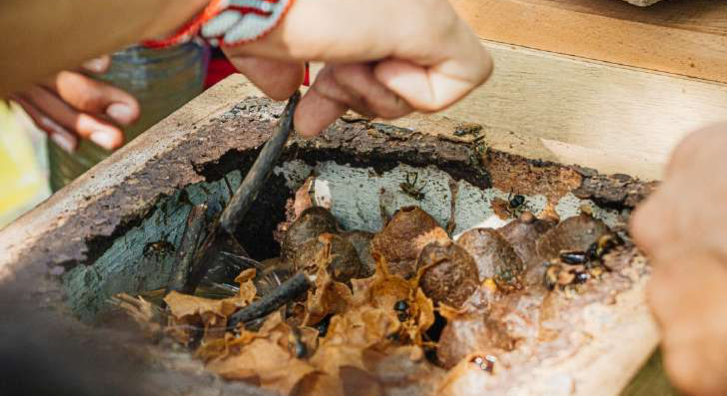Spotlight on … Meli Bees.
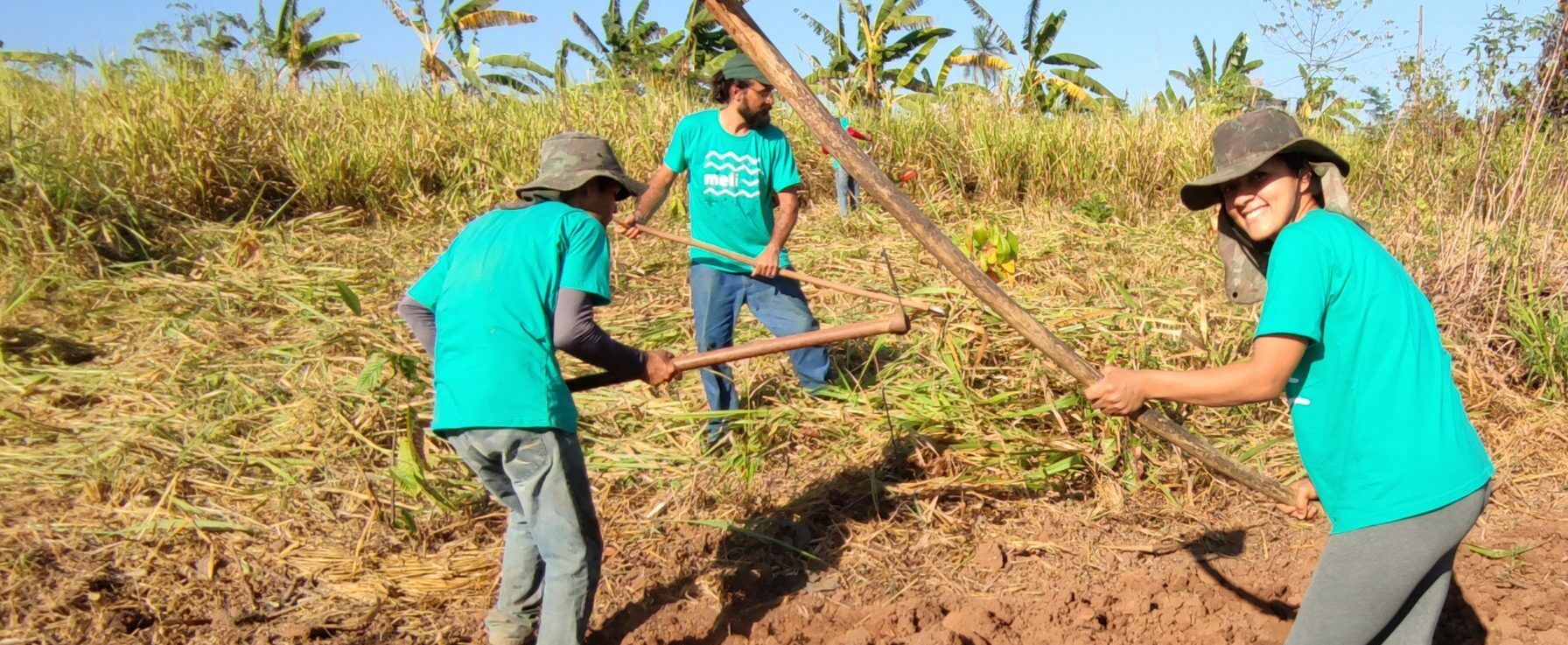
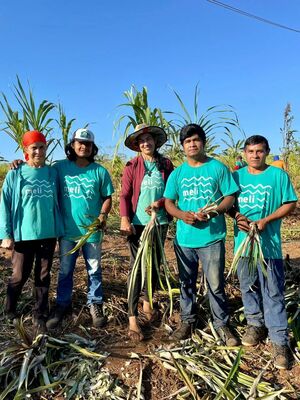
The Amazon rainforest is the lungs of our planet. That is why Meli Bees Network gUG is dedicated to working with communities in the most endangered areas of the Amazon to create a trans-regional network that establishes regenerative practices on the ground while generating income streams and improving the quality of life for local people and small farmers.
The name is inspired by the stingless Meliponini bees, which are both self-sufficient and self-sustaining through intelligent adaptation to their habitat, as well as providing extremely important so-called ecosystem services that benefit the entire environment.
Therefore, sustainable beekeeping workshops were the component of the network that started it all. There, since 2020, communities have been coming together to strengthen and work with local bee experts – practitioners and researchers – to strengthen local bee populations. Small-scale farmers and traditional communities learn how to responsibly use honey, pollen and propolis and process them into medicine, handicrafts, art and food.
They exchange information on which pesticides endanger bee colonies and what alternatives there are to them and observe which bee species live in the surrounding area and what impact they have on the rainforest.
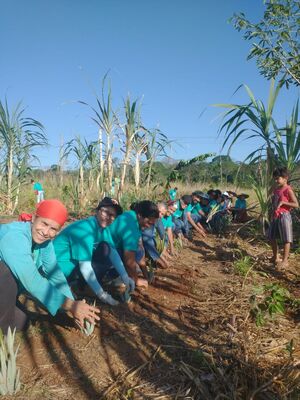
Other workshops include methods for agroforestry and the protection of primary forests to establish food security on the one hand and financial security on the other, for example through the commercial use of wood and other raw materials as well as carbon credits.
However, the work of Meli Bees goes beyond this; the first multi-community workshops have now emerged from the workshops – most recently 30 participants from more than 10 different indigenous communities and 16 smallholders. In total, 21 different communities had shown interest. This is remarkable in that most of the participants were in contact with members of other indigenous communities for the first time, some even travelling across the country in bus journeys of over 12 hours.
The common language is Portuguese in the workshops and the Meli Bees Whatsapp group, which already has more than 160 members.
The monthly community calls not only keep up the professional exchange about regenerative practices but also dissolve one or the other prejudice about neighbouring communities – with shy admission or loud laughter.
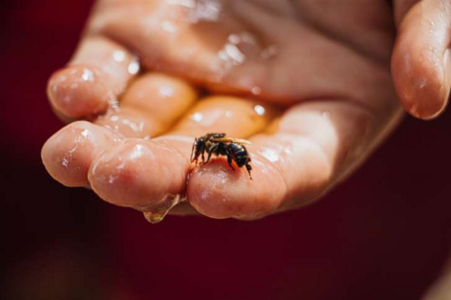
And so, over time, storytelling circles have been added, focusing on the openness, encounters and growing trust that have emerged as side effects in the other courses. Telling a story is almost as forgotten as listening to a story – and yet remains a primal human instinct. People talk in the meetings about losses, grievances, personal backgrounds, courage, success and what makes them laugh. A day of connection, with self and others, who, at the end of the day, are not so different after all.
What Meli Bees has created over the past two years is valuable and necessary. Not only in the Amazon but worldwide. Learn more about the work of the Impact Network here.
Bildcredits: Rayda Lima
